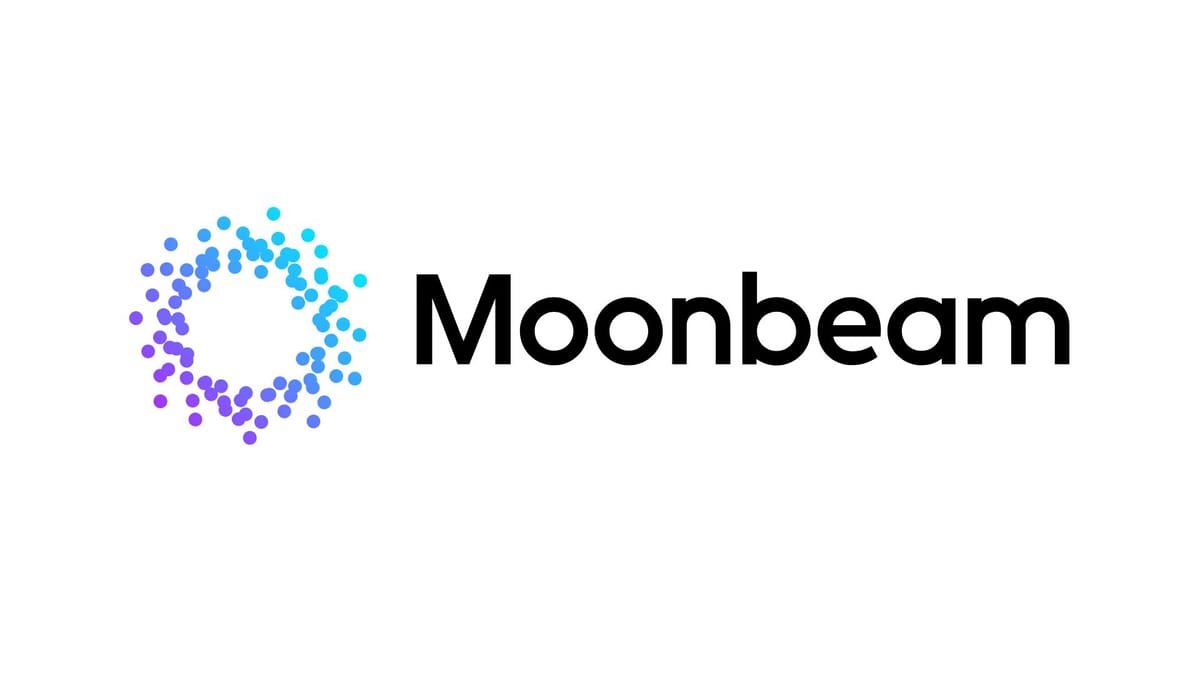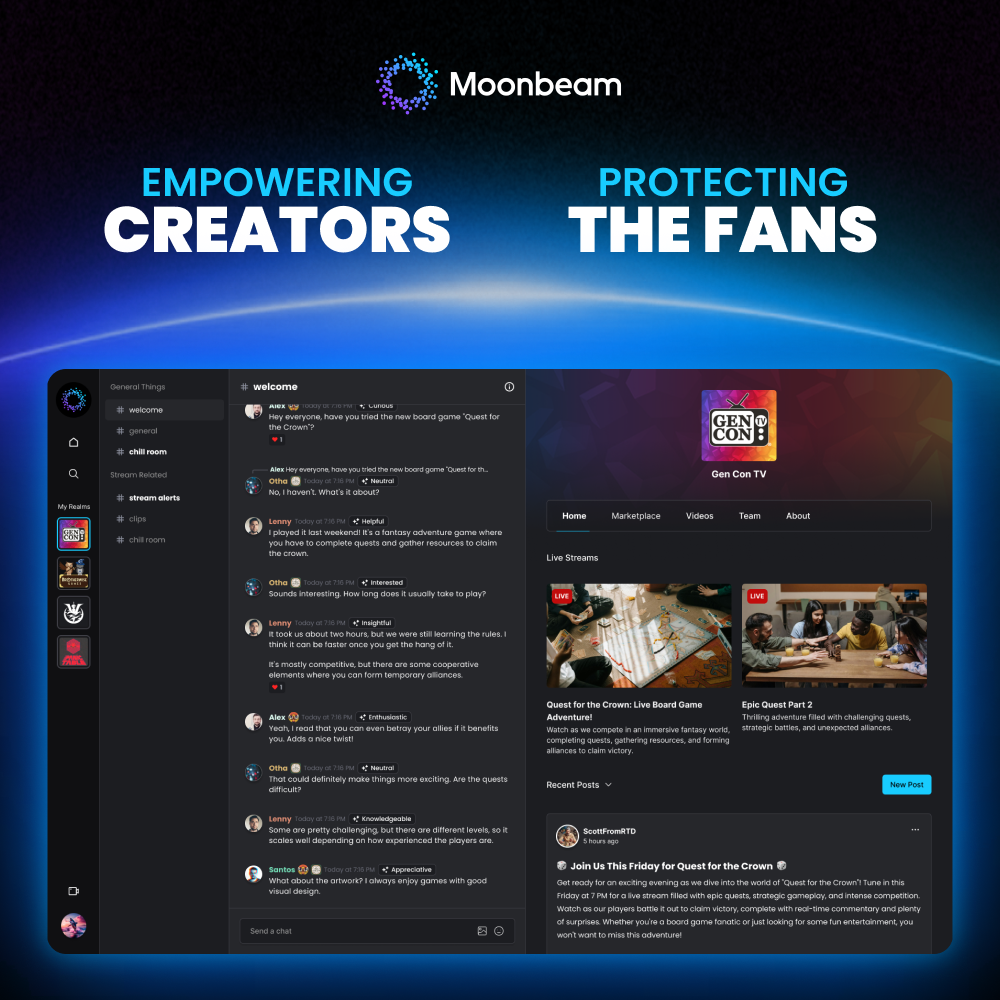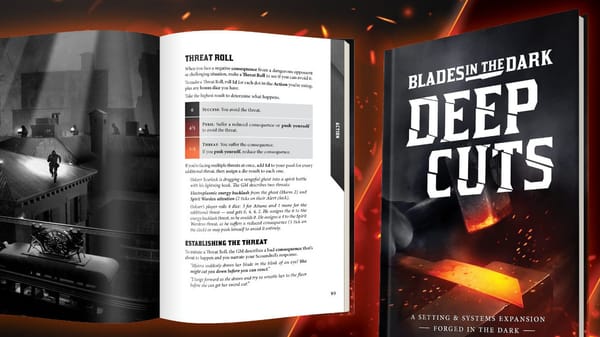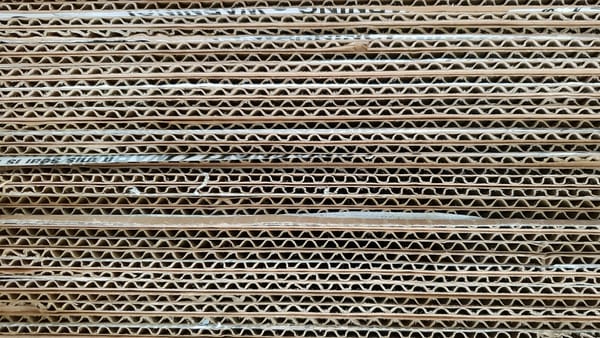Moonbeam’s revolution of the creator ecosystem begins in tabletop
In a Rascal exclusive, the creators behind the new streaming platform explain their vision for a better digital future

Moonbeam, a new social media and content hosting platform led by Anthony Joyce-Rivera and Pat Conrey, is attempting to shift the paradigm of technology and creation—and they’re doing their trial run in the tabletop ecosystem. “We really wanted to focus on changing the entire way that these platforms exist,” said Chief Operating Officer Joyce-Rivera in an exclusive interview with Rascal.

The creators of Moonbeam say the new platform prioritizes safety and sustainability. It is intended to combine the video streaming elements of Twitch, the community-building nature of Discord, and the direct financial support structure of crowdfunding platforms—with built in profit sharing features.
Unfortunately, innovations in contemporary technology have become synonymous with exploitation, ecological destruction, and social control; all in the name of shareholder value. Generative AI steals the work of artists before rendering them “redundant,” social media algorithms incentivize controversy while spreading disinformation, and the platforms themselves exploit the labor of hopeful content creators through brand deals and lottery-style success stories.
“Pat and I started working together about a year and a half ago, right around when the hellscape of all social media platforms were just degrading,” said Joyce-Rivera, an Active Duty U.S. Army Strategist who is known for his work at tabletop companies like Wizards of the Coast and Critical Role. “Elon Musk had just bought Twitter. Hate speech and toxic speech are on the rise. People were being run off the platforms.”
In addition to safety, Joyce-Rivera and Conrey also considered sustainability issues regarding the live streaming and content creation industries. The structural degradation of online platforms also coincided with an exponentially growing number of tabletop creators attempting to make some or all of their living making actual plays and other streaming content. These creators largely host and promote themselves on an assortment of disparate platforms like Twitter, Twitch, Discord, and YouTube; where they often face discoverability issues in a saturated niche. “The failure rate [in live streaming] is astronomically high,” said Joyce-Rivera. Despite the fact that many streamers put in 20-40 hours a week on their chosen platform (the equivalent to a part or full time job), Joyce-Rivera states that the vast majority “don't make minimum wage. There's something wrong with that. What it says is it's not the streamer's fault. There's a systemic problem.”
That problem, the duo believes, emerges from the way social media has transformed artists into one-person production studios, overworked and at the whims of algorithmic discoverability with no guarantee of payment for even moderately popular creators. Platforms like YouTube and Twitch “make a creator a channel [and the] distributor of content,” said Joyce-Rivera. “They make [creators] be online perpetually. It's not anything that is normal in the history of video content creation, which is traditionally produced by teams of people.”
Joyce-Rivera and Conrey’s major innovations are threefold: a proprietary moderation and discoverability tool called Pyxis, a new autonomous, creator-studio collective structure called Realms, and an internal payment system that attempts to retrain audiences who expect content for free and incentivize users to financially support artists.
For such a massive project, Conrey and Joyce-Rivera have compiled a team of 14 people: four in engineering, a designer, two in marketing, and a collection of content creator consultants and advisors. While speaking to creators, Conrey said they “heard bits and pieces of problems, things like harassment…problems with discoverability, a lack of monetization options. We heard these [seemingly] disparate things that don't really form one whole picture. We didn't want to address all of these different problems with a new [Twitch] feature. That doesn't really better the community. It doesn't better the industry, the market, the art of it all. We went one step further and reimagined the streaming paradigm itself.”





